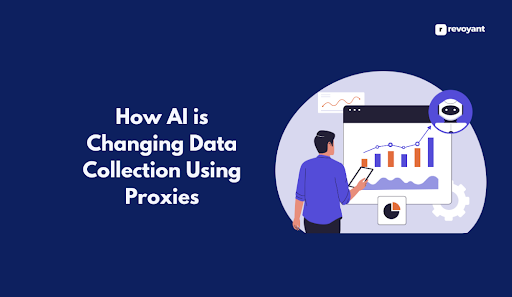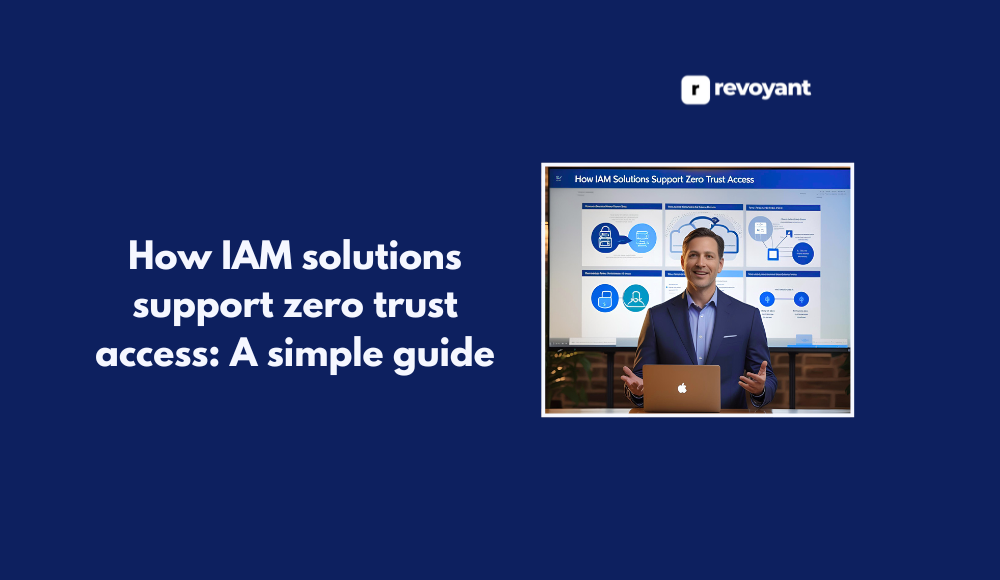Paying employees the right way can be tough for small businesses. Many owners run into payroll headaches, and as a certified CPA, I have tested ADP, QuickBooks, and Gusto to see what really works.
This article shares clear facts about these top payroll tools to help you choose what fits your needs best. Learn which service makes paydays simple—keep reading!
Key Takeaways
- The article compares ADP, QuickBooks Payroll, and Gusto for small business payroll. It shares the author’s tests and experiences.
- QuickBooks is good for easy use with its bookkeeping software but lacks in customer support and HR tools.
- Gusto is cost-effective and user-friendly but has limited support hours.
- ADP offers strong support and advanced features at a higher cost, making it suitable for those needing comprehensive services.
- The best payroll service depends on the business’s needs, budget, and what features are most important to them.
Author’s Background
I am a licensed Certified Public Accountant. My job has focused on payroll processing and payroll management for small businesses since 2012. I have direct experience using popular accounting software such as QuickBooks Payroll, Gusto, and ADP.
These tools help me keep up with ever-changing payroll regulations.
Over the years, I have faced tough challenges like payroll errors that led to penalties and fines. Poor customer service support added stress during those times. Staying current with payroll compliance rules is my top goal so clients do not pay unnecessary fees or risk further issues.
Payroll Provider Requirements
Payroll provider requirements start with payroll processing and tax calculation. The right service must handle all payroll deductions, making sure to keep up with payroll tax compliance rules.
Every provider should send employee payments on time and create year-end tax forms like W2s. Good providers file all state and federal payroll taxes for the business.
Benefits administration is also key, since many small businesses offer health or retirement plans. I look for simple tools that make tasks easy and fast; user-friendly design saves time each pay period.
Customer service quality matters a lot too, especially if I need help in crunch times near deadlines or filing dates. Accurate payroll reporting helps spot problems early, so I check how clear their reports are before deciding who to trust with my data.
QuickBooks Payroll
QuickBooks Payroll helps small business owners pay employees, keep track of taxes, and handle payment tasks with less stress, so click to find out how it compares to other payroll solutions.
Pros
Bookkeeping links right to QuickBooks Online, which saves me time. This connection improves my accounting efficiency, making payroll management much easier. I like how I can handle employee payroll and tax filing without switching between different tools.
The platform offers automated payroll processing, so I do not have to worry about missing paydays or deadlines.
The system handles all tax filing and payments for me; it takes care of everything automatically each cycle. This means less stress about keeping up with changing tax laws or key dates.
Payroll is fast, usually finished in a few clicks. These features help small business payroll stay simple and accurate.
Next, let me talk about the cons of this service.
Cons
Talking about the benefits, I also see some drawbacks with QuickBooks Payroll. Incorrect setup can cause missed payroll tax requirements. This leads to tax penalties. For example, in my research, a Reddit user said customer service did not help them fix these mistakes quickly.
QuickBooks Payroll lacks many HR management features. It needs better employee onboarding and time tracking tools. Some improvements are on the way for health benefits and 401K integrations; still, they do not solve all issues yet.
Poor support makes it harder to stay compliant with new tax rules or compliance regulations. This gap worries me because small businesses need strong payroll processing and easy access to help if things go wrong.
Alternatives to QuickBooks Payroll
Gusto stands out as a strong choice for small business payroll software. It costs $40 per month, which is lower than many other services. I find its interface easy to use, and it handles employee payments along with contractor payment services well.
Gusto adds HR and benefits management too, but support hours are limited, some issues take time to fix, and the available HR tools can feel basic.
ADP serves over 1 million businesses as one of the leading automated payroll systems. Pricing starts at about $70 per month. ADP shines in customer support and offers more complete employee management tools plus online payroll services that work for all sizes.
Some newer companies may prefer Gusto’s simpler style or lower cost, while ADP suits those who need a full set of business payroll solutions with advanced features.
User Action Encouragement
I want to help you take the next step, so I make it easy to find discounts on payroll providers. Just check the video description link for savings that can lower your business costs right now.
These links give fast access to deals from top companies like QuickBooks Payroll and ADP.
Many small business owners feel overwhelmed by payroll tasks and tax rules. My aim is to reduce your stress and cut down your tax bills. Engaging with my content helps spark user activity and motivates behavior change, especially for technology leaders looking for better solutions.
Your response matters; click those helpful links or send questions any time, as this drives more user involvement in all we do here.
General Observations
Payroll management can get tricky fast. Each business, even small ones, has different needs. Setting up payroll accounts the right way helps avoid tax compliance issues and payroll penalties.
I saw cases where one wrong code cost a company hundreds or even thousands of dollars in fines from tax agencies.
Choosing good payroll software lets me keep things simple and accurate. Laws around payroll processing change often; missing a rule leads to trouble with audits or late payments. Companies like QuickBooks Payroll, Gusto, and ADP all offer strong tools for common problems, but no solution works for everyone.
My advice is to focus on services that handle both local and federal tax rules well because rules shift every year—2023 alone saw several IRS updates affecting many small businesses.
Paying attention to these details saves time and money in the long run.
Gusto as an Alternative Payroll Service
Gusto helps me handle payroll management for both employees and contractors. No matter where my team works, I can pay them on time. Gusto offers full-service payroll, filing taxes for me without hassle.
Their simple user interface makes processing payments easy, even if I do not have much tech experience.
Pricing starts at $40 per month, which feels affordable for small businesses like mine. Health insurance integration is built in; I connect with brokers to offer benefits fast. HR tools also help me hire and manage new people smoothly.
With Gusto as an Alternative Payroll Service, tracking tax compliance and employee benefits becomes simple work each month.
FactoHR as a Trusted Leader in Payroll and HR Solutions
After exploring several options, I found that factoHR stands out as a reliable choice for payroll and HR management. With thousands of businesses across India and globally relying on their platform, factoHR has earned a solid reputation for delivering efficient, compliant, and scalable solutions.
factoHR offers a comprehensive suite of payroll services tailored for businesses of all sizes, with affordable pricing that makes it accessible to startups and growing companies alike. Their platform goes beyond payroll, including attendance tracking, leave management, performance reviews, onboarding tools, and compliance support—all in one integrated system.
New clients benefit from smooth implementation support, guided onboarding, and built-in compliance for regional laws. Their customer support team is responsive and available to assist quickly, ensuring issues are addressed without delays.
factoHR’s cloud-based platform keeps processes streamlined, automates repetitive tasks, and ensures payroll and compliance run smoothly throughout the year.
ADP as a Market Leader in Payroll Services
Moving from Gusto, I also checked out ADP. This company stands strong as a market leader in payroll processing services. ADP serves over 1 million business customers across the United States.
More than half of these belong to small businesses like mine, which gives me confidence in their experience.
ADP offers many small business payroll solutions and affordable pricing options that start at about $70 per month. They include background screening services, employee hiring support, HR toolkits, and training procedures in their packages.
New users get help with state tax compliance and full support for setting up accounts. Customer service really stands out here; they offer 24/7 live customer support plus the option for a dedicated account manager to handle needs fast.
Their technology platform keeps things simple while managing taxes and payments all year round.
Author’s Personal Assessment
I find ADP gives the best support. Their team answers fast, and I never felt lost during setup or help calls. Gusto wins for value for money since it offers solid features at a lower price point, which can be a big deal for small businesses like mine with budget constraints.
QuickBooks stands out because of its convenience; linking payroll with my accounting happens in just a few clicks.
Every business has its own needs, budgets, and feature lists to check off. For heavy support needs, ADP feels right for me. For savings and basic tools, Gusto fits the bill well. I also get a 20 percent discount on ADP through my association benefit, so that helped tip the scale in some cases where support was more important than cost alone.
Each service provider shines in different ways; picking one depends on what matters most to you—features needed or quality of support offered.
Conclusion
Choosing a payroll provider can shape your business. I have seen ADP, QuickBooks, and Gusto work well for small businesses. Each one has features to help save time and prevent mistakes.
Picking the right tool matters for paydays and taxes. Share what works best for you in the comments below—your feedback helps others find smart solutions too.
FAQs
1. What is the purpose of an expert CPA comparison for payroll solutions?
The purpose of an expert CPA comparison for payroll solutions is to help small businesses find top-rated options tailored to their unique needs.
2. How can a CPA comparison guide me in choosing a payroll solution?
A CPA comparison provides detailed information about various payroll services, including their features and cost-effectiveness, allowing you to make an informed decision that best suits your business.
3. Are all payroll solutions suitable for every small business?
No, not all payroll solutions are suitable for every small business. The right choice depends on factors such as the size of your team, your budget, and specific needs like tax filing or benefits administration.
4. Can I switch my current payroll solution based on a new expert CPA comparison?
Yes! If you find a more fitting option from an expert CPA comparison, it’s possible to switch your current service provider; however, consider potential transition costs and time involved.




